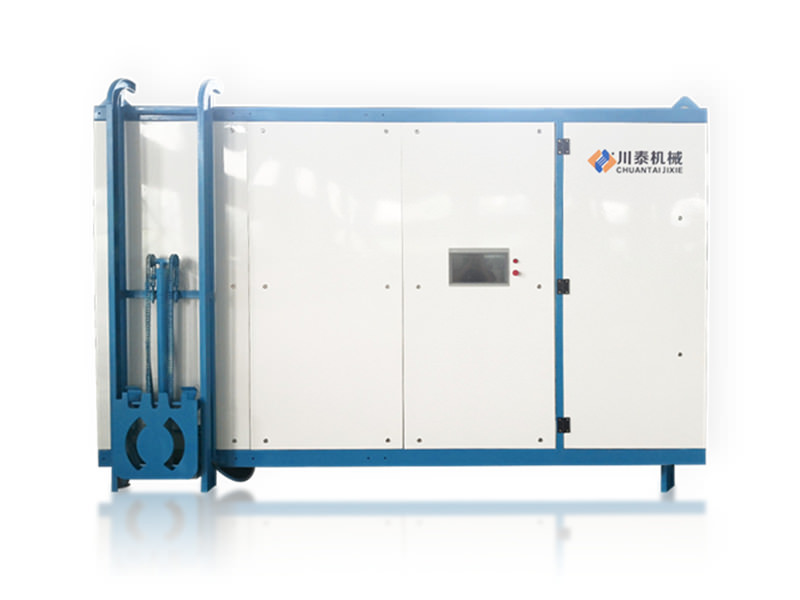
Introduction:
In the era of increasing environmental consciousness, the need for sustainable practices extends to every aspect of our daily lives. One crucial area that often goes overlooked is kitchen waste management. Traditional methods of disposing of food waste contribute significantly to landfill issues and environmental degradation. However, emerging technologies, such as food waste dewatering machines, are stepping in to revolutionize the way we handle kitchen scraps.
The Problem:
The disposal of kitchen waste, particularly food scraps, poses a considerable challenge. Organic waste in landfills produces methane, a potent greenhouse gas that contributes to climate change. Additionally, the sheer volume of food waste generated by households, restaurants, and other food establishments is a burden on waste management systems. Addressing this issue requires innovative solutions that not only reduce waste but also facilitate recycling and reuse.
The Solution:
Food waste dewatering machines present a game-changing solution to the challenges associated with kitchen waste. These machines are designed to efficiently separate water from food waste, resulting in a significantly reduced volume of waste material. The process involves the mechanical extraction of water, leaving behind a semi-dry residue that is easier to handle and transport.
Key Features and Benefits:
Volume Reduction: One of the primary advantages of food waste dewatering machines is their ability to reduce the volume of food waste by up to 80%. This not only eases the burden on waste management systems but also minimizes the space required for landfill disposal.
Environmental Impact: By reducing the amount of organic waste in landfills, these machines contribute to lower methane emissions. This environmentally friendly approach aligns with global efforts to combat climate change and promote sustainability.
Resource Recovery: The separated water can be treated and reused for various purposes, promoting resource recovery and reducing water consumption. This dual benefit addresses both waste reduction and efficient water management.
Hygienic Operation: Food waste dewatering machines are designed with hygiene in mind. The process eliminates foul odors and reduces the likelihood of pests, creating a cleaner and more sanitary waste disposal system.
Cost-Efficiency: While the initial investment in a food waste dewatering machine may seem significant, the long-term cost savings are substantial. Reduced waste disposal fees, lower transportation costs, and potential revenue from recycled materials contribute to the overall cost-effectiveness of these machines.
Conclusion:
Food waste dewatering machines represent a significant step forward in sustainable kitchen waste management. By addressing the environmental impact of food waste and offering practical solutions for recycling and resource recovery, these machines contribute to a more sustainable and eco-friendly future. As individuals, businesses, and communities strive to reduce their ecological footprint, embracing innovative technologies like food waste dewatering machines becomes paramount in building a greener tomorrow.

 TEL:+86 15336363999
TEL:+86 15336363999
 WeChat:gongchris1111
WeChat:gongchris1111
 ADD:Fangzi District, Weifang City, Shandong Province, China
ADD:Fangzi District, Weifang City, Shandong Province, China